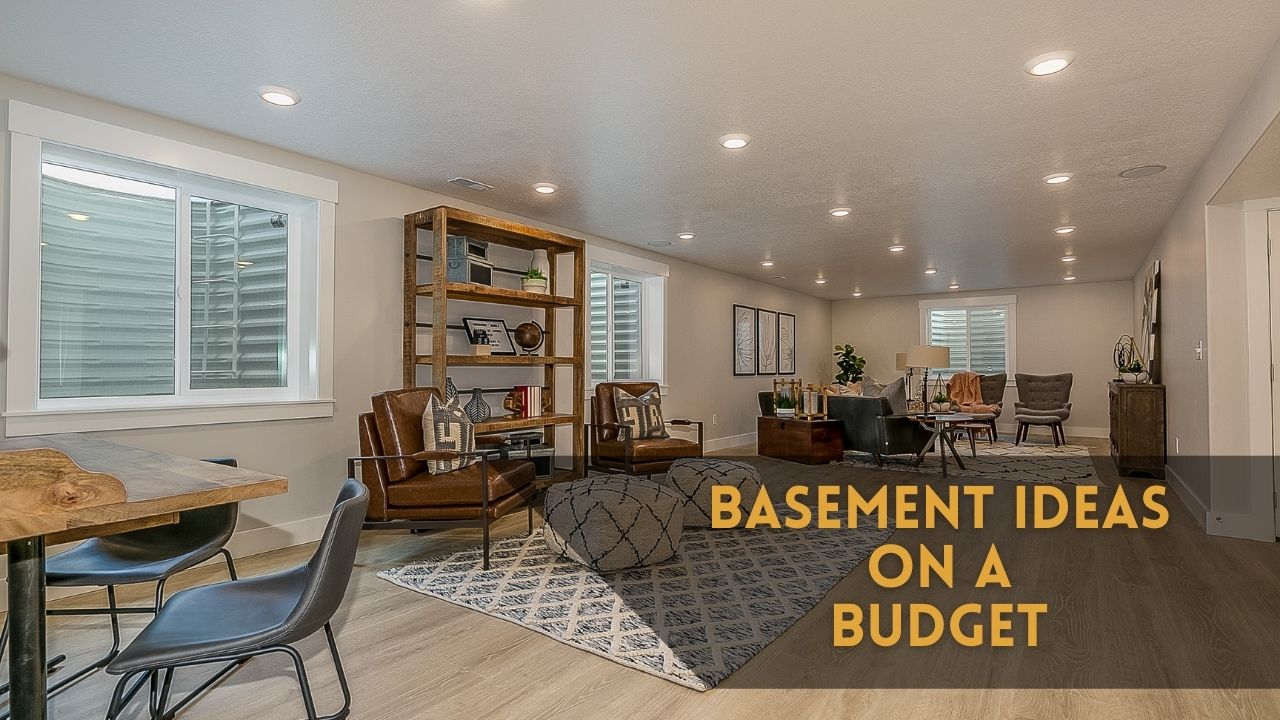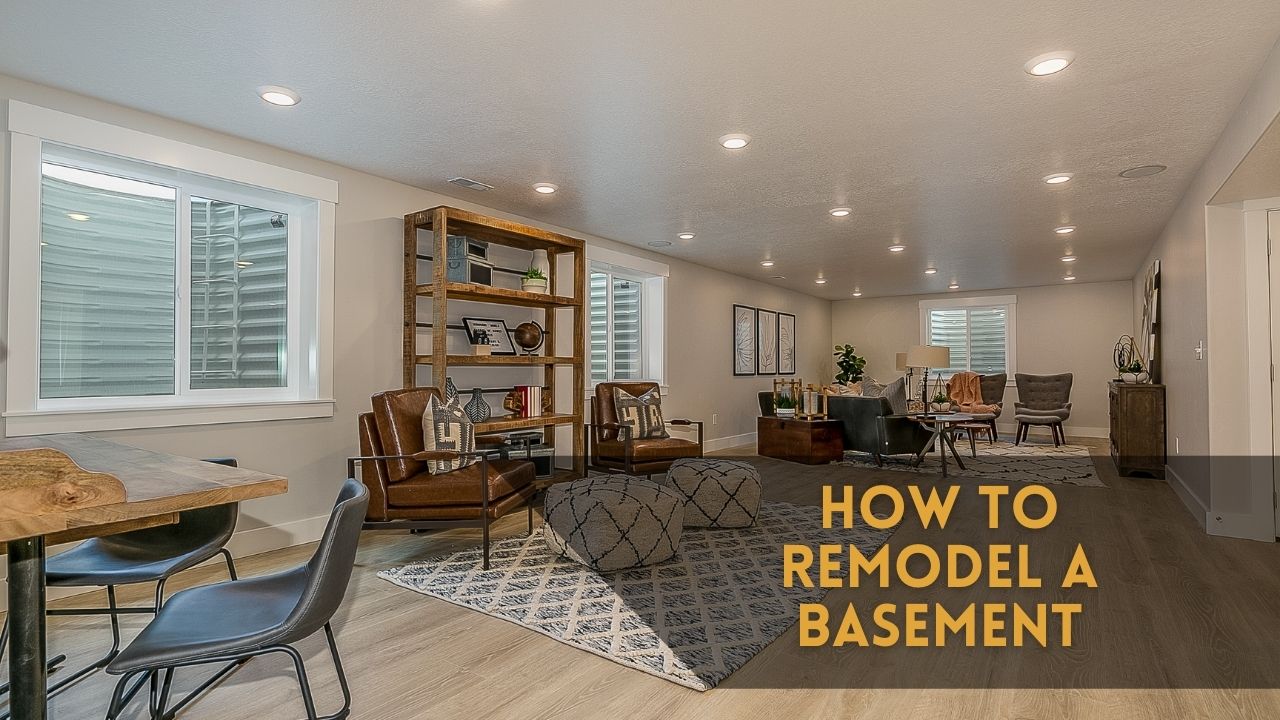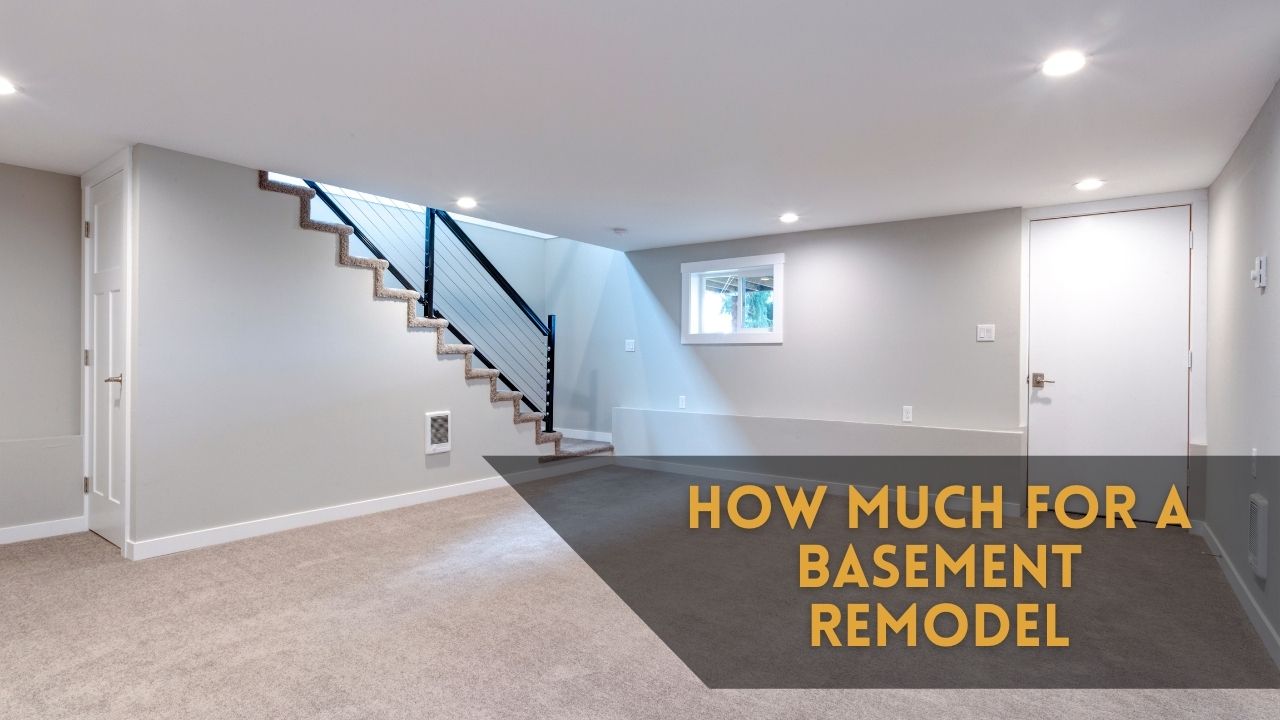Are you struggling to decide between a deck vs. patio for your outdoor space? Your choice can greatly impact your enjoyment and the value of your home.
In this article, we’ll explore the key differences between decks and patios, helping you make an informed decision that suits your needs. By understanding the pros and cons of each option, as well as their specific characteristics and benefits, you can confidently choose the perfect outdoor space that will enhance your living experience and add value to your home.
Let’s dive in!
Deck vs. Patio: The Differences
Views and Privacy
When choosing between a deck and a patio for your outdoor space, consider the views and privacy that each option offers. A deck provides better views due to its elevation, allowing for a panoramic view of the backyard and surrounding area.
On the other hand, patios may offer more privacy if enclosed with walls or a roof. Patios built close to the home can also provide increased privacy.
To enhance privacy on a deck, you can install deck railings or a deck privacy screen. For a patio, consider using tall plants or a privacy wall to create a secluded space.
Additionally, think about how you can optimize the views from your deck or patio by incorporating patio seating or deck stairs that lead to a higher vantage point.
Permit and Inspection Requirements
To ensure compliance with building codes and safety standards, you’ll need to obtain building permits and undergo inspections when constructing a deck. This process is important to ensure that your deck is built correctly and meets all necessary requirements. When obtaining a deck permit, you may need to provide detailed plans and specifications, including information on the materials you plan to use and the deck’s dimensions. The permit will typically require a fee, which can vary depending on your location. Once the permit is obtained, inspections will be conducted at various stages of the deck construction process to ensure that everything is being done according to code. It’s important to follow these permit and inspection requirements to ensure the safety and longevity of your deck.
On the other hand, when it comes to building a patio, the permit and inspection requirements are usually less strict. In many cases, patios don’t require permits or inspections. However, it’s still advisable to check with your local authorities before proceeding with patio construction. While the process may be less regulated, it’s still important to ensure that your patio is built safely and meets all necessary requirements. Hiring a professional patio builder can help ensure that your patio is constructed correctly and in compliance with any local regulations.
Cost Considerations
Consider the overall cost when deciding between a deck and patio for your outdoor space. Cost considerations play a significant role in determining which option is best for you. Here are some factors to keep in mind:
- Material: Wood decking, such as redwood or cedar, is a popular choice for decks, but it can be more expensive than alternatives like composite decking. Similarly, brick patios tend to be costlier than concrete or stone pavers.
- Labor: Decks often require more labor-intensive construction, especially if the terrain is uneven. On the other hand, patios can be built directly on the ground, reducing labor costs.
- Maintenance: Wood decks may require regular staining, sealing, and power-washing, which can add to the long-term costs. Patios made of concrete or stone, however, generally require less maintenance.
- DIY Potential: Building a patio as a DIY project can save money on labor costs, making it a more cost-effective option.
Considering these cost factors will help you make an informed decision about whether a deck or patio is the right choice for your outdoor space.
Suitability for Uneven Terrain
If you have uneven terrain in your backyard, you may need to assess whether a deck or patio is the right choice for you.
When it comes to suitability for uneven terrain, decks are generally a better option. Decks can be built on various elevations, allowing you to create a level outdoor space on uneven land. They can be supported by beams and posts, providing stability and durability. However, constructing a deck on uneven terrain may require hiring professionals due to the labor-intensive nature of the construction process.
On the other hand, patios require flat ground for installation and may need extra preparation work if the terrain is uneven. It’s essential to assess the grade of the land before deciding between a deck or patio for your outdoor space.
Maintenance and Lifespan
Maintaining both decks and patios is essential for prolonging their lifespan. Proper maintenance not only ensures their longevity but also keeps them looking beautiful and functional. Here are some important maintenance tips for decks and patios:
- Choose the right decking material: Selecting a durable and weather-resistant material for your deck, such as composite or hardwood, can help extend its lifespan.
- Regularly clean and seal your deck: Use a deck cleaner to remove dirt and debris, and then apply a high-quality deck stain or sealer to protect the wood from moisture and UV damage.
- Consider deck resurfacing: If your deck starts showing signs of wear and tear, deck resurfacing can breathe new life into it by repairing cracks and replacing damaged boards.
- Maintain your patio surface: Whether you have a paver patio, stamped concrete, natural stone patio, or even a gravel patio, regular cleaning and occasional repairs are necessary to keep it in good condition.
Heat Absorption
When it comes to heat absorption, it’s important to choose the right materials for your deck or patio. The materials you select can greatly impact the temperature of your outdoor space, making it more comfortable for you and your guests.
For decks, options like Trex decking, Ipe wood, or concrete tend to absorb less heat compared to dark-colored composite deck floors. Real wood decks, especially in lighter colors, also tend to stay cooler.
On the other hand, patios made of concrete, brick, tile, or stone can absorb more heat, so it’s essential to choose lighter-colored materials.
To further enhance heat absorption, consider incorporating elements like pergolas or gazebos to provide shade, using fire pits or patio furniture with heat-resistant materials, and incorporating outdoor lighting, potted plants, and garden design to create a cool and inviting atmosphere.
Resale Value
To maximize the resale value of your home, consider the potential return on investment when choosing between a deck or a patio. Here are four key points to keep in mind:
- Decks have a higher resale value compared to patios. Adding a deck can significantly increase the value of your home, especially in warmer climates where outdoor living spaces are highly desirable.
- Patios have a lower resale value but are less expensive to build. They can still add value to your home, but not as much as decks.
- Building a deck may be beneficial if you’re planning to sell the house in the future. Potential buyers are often drawn to the versatility and customization options that decks offer.
- Remember to consider the cost of outdoor furniture, hiring a deck contractor or landscape architect for hardscaping, and any additional features like a pool deck, screened porch, or deck lighting ideas when calculating the potential return on investment.
Definition and Characteristics of a Deck
Now let’s delve into the definition and characteristics of a deck, a popular outdoor structure that can enhance your home’s value and provide a versatile space for relaxation and entertainment. A deck is an outdoor structure built from boards and is capable of supporting weight. It is supported by structural elements such as joists, beams, and posts. A deck can be detached from the house or attached, and it can be covered or left open. On the other hand, a patio is a paved area directly on the ground, made of materials such as pavers, stone, concrete, or interlocking bricks. It can be attached or detached from the house and requires flat ground for installation. Patios can provide privacy with tall plants or a privacy wall.
| Deck | Patio |
|---|---|
| Outdoor structure built from boards | Paved area directly on the ground |
| Capable of supporting weight | Made of materials such as pavers, stone, concrete, or interlocking bricks |
| Supported by structural elements such as joists, beams, and posts | Requires flat ground for installation |
| Can be detached from the house | Can be attached or detached from the house |
| Can be covered or left open | Can provide privacy with tall plants or a privacy wall |
A deck is typically made from materials such as pressure-treated lumber, while patios can be made from a variety of materials, including sandstone, slate tiles, or interlocking bricks. Furthermore, decks are ideal for accommodating uneven surfaces and providing a panoramic view, making them suitable for larger backyards. Patios, on the other hand, are perfect for flat ground and offer increased privacy, making them a great option for smaller backyards or those in need of privacy. Consider these characteristics when deciding between a deck and a patio for your outdoor space.
Definition and Characteristics of a Patio
Moving on to the definition and characteristics of a patio, let’s explore this outdoor space that offers a paved area directly on the ground for relaxation and entertainment. A patio is a versatile addition to your home that can be attached or detached and is typically made of materials such as pavers, stone, or concrete.
Here are some key features of a patio:
- Provides a flat, solid surface for outdoor furniture, creating a comfortable seating area for gatherings.
- Can be enhanced with features like an outdoor kitchen, where you can cook and entertain guests.
- Offers the opportunity to incorporate design elements such as a brick patio design or patio lighting fixtures for added ambiance.
- Can be covered with a patio umbrella or patio cover to provide shade and protection from the elements.
With its direct connection to the ground and various customization options, a patio is a fantastic outdoor space for enjoying the outdoors in comfort and style.
Factors to Consider Before Deciding Between a Deck or a Patio
When deciding between a deck or a patio, there are several factors you should consider.
First, think about the specific needs and desired functionality of your outdoor space. Do you want a versatile area that can accommodate different activities, or are you looking for a more intimate and private setting?
Consider the size, shape, and layout of your backyard, as well as the context of your home. Additionally, take into account the cost of construction, maintenance requirements, and the potential resale value of each option.
A deck may offer better views and increase the value of your home, but it requires more maintenance and can be more expensive to build. On the other hand, a patio is generally more cost-effective and easier to maintain, but it may have limited views and less resale value.
Conclusion
In conclusion, when deciding between a deck or a patio for your outdoor space, it’s important to consider factors such as:
- Views and privacy: Think about the location and orientation of your outdoor space and how it will affect your views and privacy.
- Permit and inspection requirements: Check with your local authorities to determine if you need any permits or inspections for building a deck or patio.
- Cost: Consider the initial cost of installation as well as any ongoing maintenance costs for each option.
- Suitability for uneven terrain: If your yard has uneven terrain, consider which option would be easier to build and maintain.
- Maintenance: Think about the level of maintenance required for each option, including cleaning, staining, and repairs.
- Lifespan: Consider the expected lifespan of a deck versus a patio and how that may impact your long-term investment.
- Resale value: Research how each option may affect the resale value of your home.
By carefully weighing these factors and understanding the specific characteristics and benefits of each option, you can make an informed decision that will enhance your outdoor living experience and add value to your home.
So, take your time, assess your needs, and choose the outdoor space that suits you best. When you need deck building services around Rhode Island, MAK General Contractors is your go-to company.




